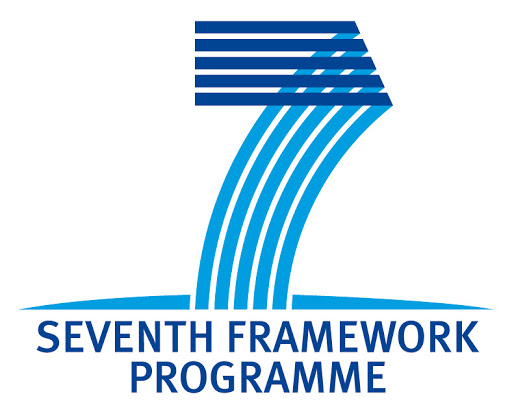
ANTHRAX ENVIRONMENTAL DECONTAMINATION NETWORK or ‘AEDNet’
Anthrax, caused by the spore-forming bacterium Bacillus anthracis, is a disease of animals that can infect humans either directly through contact with infected animals or indirectly as a consequence of bioterrorism. In regions of the world such as Eastern Europe and Central Asia, the pathogen still constitutes a significant threat to human and animal health. A lack of effective veterinary facilities, access to vaccines and the burial of untreated infected animals has resulted in the contamination of large areas due to the ability of the spores to survive in the soil for many years. Given that the bacteria is non-contagious its elimination from contaminated soil and surfaces would have a major impact on disease incidence. We are seeking to develop an approach that is specific for B.anthracis and will have minimal impact on the environment. Following preliminary field trials on animal burial sites in Turkey, we have developed a technique that triggers the conversion (germination) of B.anthracis spores into bacteriophage (phage) susceptible vegetative bacteria. Phages are natural predators of bacteria, are species-specific and found in close proximity to their prey. We hypothesize that a combination of germinant and B.anthracis specific phages will be an effective and ecologically friendly means of reducing spore numbers. Indeed in laboratory studies, we have demonstrated the feasibility of this approach. While there are a number of funded phage-based anthrax deacon projects in the region there is as yet no dedicated scientific network to facilitate the sharing of best practices and to link researchers in neighbouring countries facing similar problems. It is our intention to link these projects together in a manner that maximizes the current investment and will deliver an environmentally friendly decontamination system.
Projects » View All
